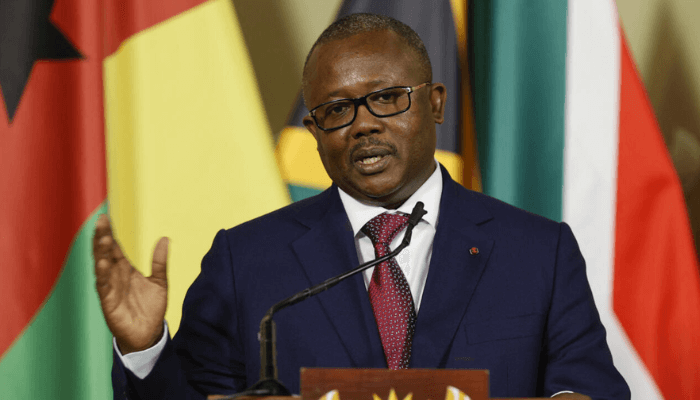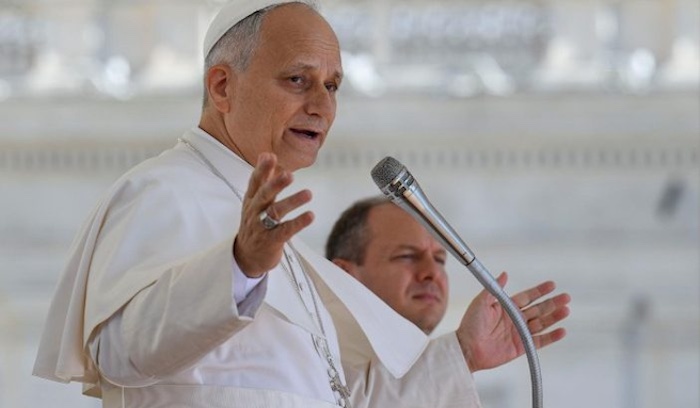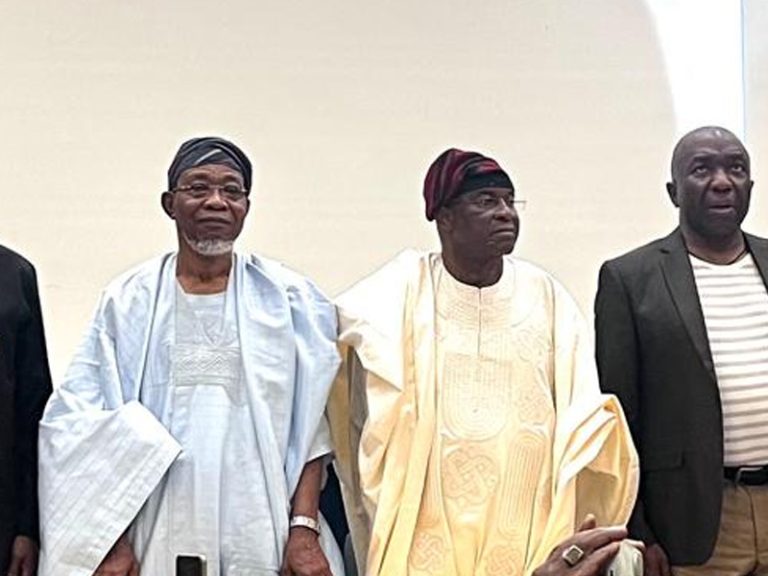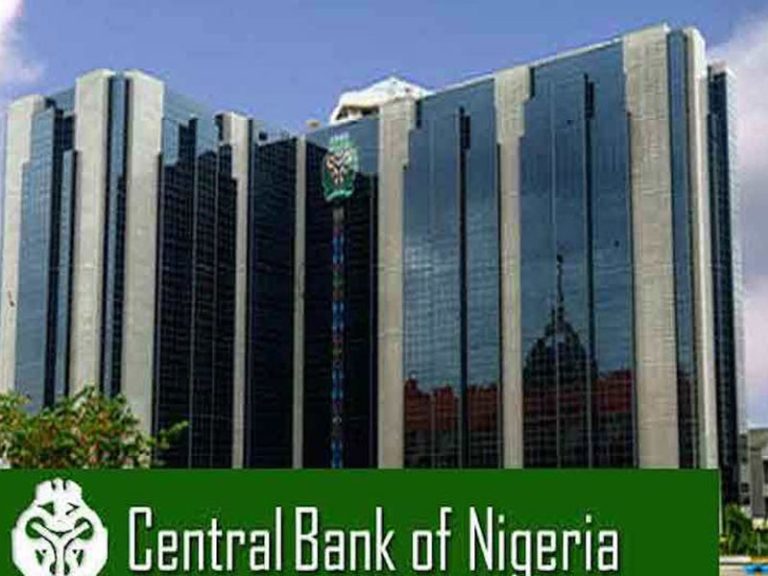
Guinea-Bissau President Umaro Embalo has announced that he was arrested inside the presidential palace on Wednesday, alongside key government and military officials, amid what he described as a ‘coup d’état’ led by the army chief of staff.
Also detained were the chief of staff, General Biague Na Ntan, deputy chief of staff, General Mamadou Traore, and the Interior Minister, Botche Cande. Embalo stated that no force was used against him during the arrest.
Reporters on the ground reported gunfire near the National Electoral Commission headquarters and in surrounding areas as tensions escalated.
The country had been awaiting results from Sunday’s presidential election, which Embalo claims he won with 65 percent of the vote. Both Embalo’s camp and opposition candidate Fernando Dias de Costa have declared first-round victory in the November 23 election.
Military Declares Total Control
On Wednesday, military officers announced they were taking “total control” of Guinea-Bissau, according to AFP. The announcement also included the suspension of the electoral process and the closure of national borders, just three days after the legislative and presidential elections.
In a press briefing, General Denis N’Canha, head of the presidential military office, said a command “composed of all branches of the armed forces” would lead the country until further notice. He read the statement seated at a table surrounded by armed soldiers.
N’Canha claimed the military had uncovered a plot to destabilize the country, allegedly involving national drug lords and the introduction of weapons to subvert the constitutional order.
The military also announced the suspension of all media programming and the imposition of a mandatory curfew.
Background: Political Instability and Poverty
Guinea-Bissau, one of the world’s poorest nations, has a long history of political instability, including four successful coups and several attempted ones since independence.
The country is also a known hub for drug trafficking between Latin America and Europe, a situation exacerbated by decades of fragile governance.
The latest developments mark a dramatic escalation in Guinea-Bissau’s ongoing political crisis, as both domestic and international observers monitor the situation closely.



